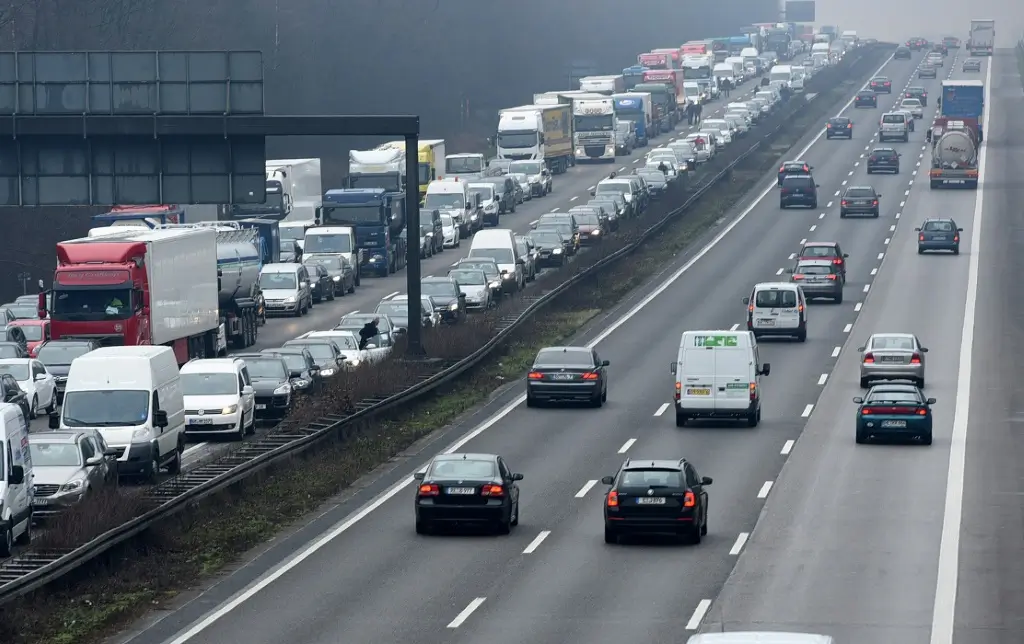
Climate activists have criticized the planned increase of the commuter allowance starting next year as socially unjust and the wrong signal for climate protection. According to the Climate Alliance Germany, citing a response from the Finance Ministry to a Green Party inquiry on Tuesday, the tax expenditure for the so-called commuter allowance will rise from the current 4.9 billion euros to around 6.9 billion euros by 2030.
The additional costs for the commuter allowance alone will total 8.8 billion euros between 2026 and 2030, according to the response. In 2026, the combined loss of revenue for the federal, state, and local governments will already amount to 1.135 billion euros and is expected to increase to 1.96 billion euros by 2030.
The commuter allowance is a tax deduction that helps workers cover travel costs between their home and workplace, regardless of the mode of transport. Currently, commuters receive 30 cents per kilometer for the first 20 km and 38 cents per kilometer from the 21st kilometer onwards. Starting January 1, 2026, the allowance will increase to 38 cents from the very first kilometer.
The CDU/CSU and SPD coalition agreement had included the plan to raise the commuter allowance as described. The Greens have frequently criticized this planned increase and instead called for more funding for local public transport, especially the Germany ticket.
As emphasized by the Climate Alliance, higher-income earners benefit much more from the increase than low-income earners. According to the Finance Ministry’s response, people with low incomes will receive around 196 euros in 2025, while high earners will benefit significantly more, with around 539 euros.
“The planned indefinite extension of the allowance ‘perpetuates this inequality and makes an urgently needed social-ecological reform more difficult,’” said Climate Alliance board member Christiane Averbeck. People with low incomes often have little or no taxable income. “Sales assistants, parcel delivery workers, and care workers often commute many kilometers, earn little, and benefit very little.”
Furthermore, the allowance “does not provide any ecological incentives,” the organization criticized. “Instead of promoting sustainable mobility, it subsidizes longer commutes, entrenches more car traffic, and thus higher emissions.” The commuter allowance applies regardless of the means of transport used.